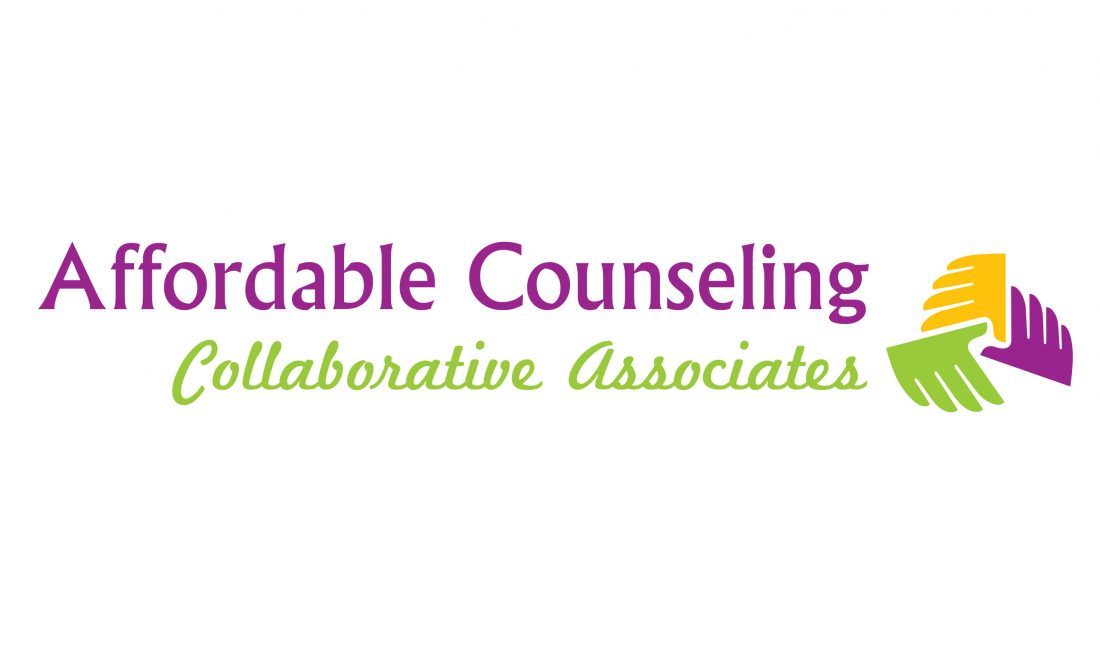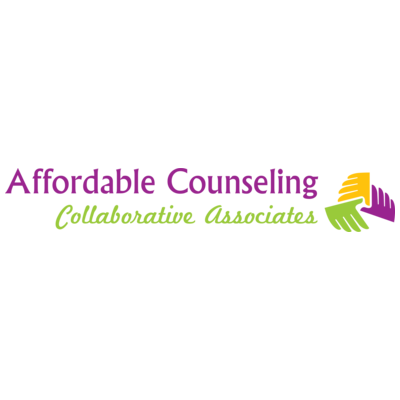
This meme recently made its way through my social media, and I thought it made an important point. I’m a big proponent for mental healthcare and also of maintaining meaningful friendships, but I think that it is critical to remember that these two relationships should be complimentary and not substitutions for one another. Yes, a deep and vulnerable conversation with a friend can be therapeutic. And absolutely an open and honest relationship with a counselor can create a strong bond. But friendship and a therapeutic relationship are not and should not be the same things.
On a very basic level, therapists have gone through years of training to avoid some of the common pitfalls of friendship. Your therapist should not judge you for your feelings and won’t agree with you to make you “feel better” or out of a sense of responsibility. They won’t come into the conversation with their own agenda or carry your feelings with them into your social circle, potentially manipulating future interactions based on what they know about you – whether they mean to or not.
Your mental health professional will offer unbiased reflections and tools to help you cope with feelings and manage future interactions that may have caused you pain or panic in the past. The training that they have will help them recognize patterns, themes, or triggers that may not be apparent to you in your life and can help you use that knowledge to update your perspectives moving forward.
A good therapist can encourage you to foster deep and meaningful friendships. The best friends will encourage you to seek mental healthcare when you need it from a qualified professional. Both relationships can be an important part of a well-lived life. So if you’re crashing through breakdowns with your friends with humor, consider reaching out to a professional that can help make your next interaction with your friends one where you can share growth and change!


